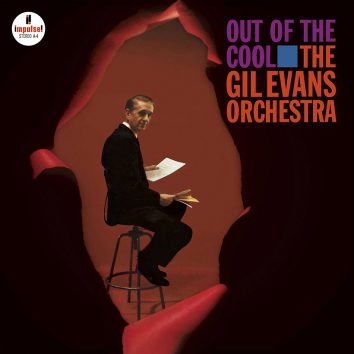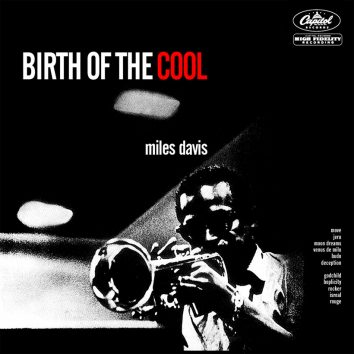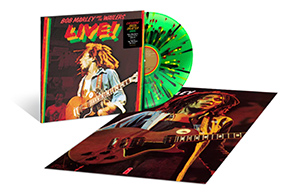‘Prema’: Fujii Kaze’s English-Language Leap Into ‘Sacred Love’
The album blends global collaborations, spiritual reflection, and the nostalgic warmth of 80s and 90s pop.

If you’re a Japanese or Asian pop-culture lover, you probably know Fujii Kaze. He’s a popular singer-songwriter who has led the Japanese music scene in the 2020s. Kaze—“wind” in Japanese—released his third album, Prema, entirely in English. We live in a world where bilingualism is common, yet it’s still a challenge for someone born and raised in Japan, where about 90% of people are monolingual. Between his second and third albums, he signed with Republic Records, a subsidiary of Universal Music Group, which likely contributed to his growing accessibility to international listeners. However, since this period also saw growing acceptance of non-English artists blending English into their native languages, it remains a deliberate choice.
He says it was a long-held dream. When Kaze made his debut in 2020, he sang in the Okayama dialect mixed with standard Japanese, giving his music a distinctive character. His signature songs “Nan-nan (What the Heck)” and “Shinunoga E-Wa (I’d Rather Die)” carry an ageless, androgynous quality because of it. As an excellent pianist, he likely understands intuitively how changes in words and timbre subtly alter emotion. Multilingual people often find their personalities shift slightly when switching languages—an evolution of self-awareness. In general, how we speak changes depending on place or company, but shifting languages feels like a deeper transformation. Incidentally, when I speak English, I become a sharper-tongued, stronger version of myself.
The lyrics on Prema feel simpler and more direct than those of HELP EVER HURT NEVER (2020) and LOVE ALL SERVE ALL (2022). They give the impression of a more refined vocabulary—and of an artist who knows exactly what he wants to say and how to express it. That confidence, combined with a freshness typical of a newcomer, helped countless listeners embrace his voice and name in an instant. It felt inevitable.
It took him three and a half years to release this third album. He admitted honestly that he was “burned out” on creative work. His debut was dazzling—his success story almost mythical—and his global activities relentless. The brilliance of his career blurred his outline. We’ve seen artists like that before. In Fujii Kaze’s case, writing lyrics in English and singing with a slightly shifted emotional focus seemed to reignite his creative drive. His lyrics have a distinctive quality: even when they sound like love songs, the “you” often turns out to be himself, or the songs are steeped in reflections on life and death. The concept of the “Higher Self” is also a message deeply embraced by his devoted fans.
Click to load video
In addition to being a singer-songwriter and messenger, he became a traveler during the making of Prema—which means “sacred love” in Sanskrit. He traveled widely, collaborating with musicians and producers both in Japan and abroad. In Los Angeles, he worked with songwriter Shy Carter and producers Rob Bisel, Sir Nolan, and Greg Kurstin. Carter, known for Charlie Puth’s “One Call Away” and songs for major country artists, also provided backing vocals on five tracks. Rob Bisel, who played a key role in SZA’s SOS and the hit “Kill Bill,” joined the project as well. Sir Nolan brought his minimalist pop and R&B sensibility, while Kurstin—a nine-time Grammy winner who’s worked with Adele—added a new level of scale to the production.
For this album, Korean producer 250 was chosen as the main producer. He’s known for infusing nostalgic feelings into NewJeans’ songs, a quality Fujii Kaze said he admired. Kaze traveled to 250’s studio on Jeju Island, crafting music as if extracting the sounds resonating in his own mind. Perhaps because it was created near the sea in both California and Jeju, the album feels more open and airy than his previous work. Of course, trusted top Japanese musicians also lent their strength and support.
Click to load video
This work traverses not only places but also eras. Fujii Kaze intentionally drew from the 1980s music he grew up hearing. Some tracks make their influences clear. For instance, “I Need U Back” channels late-’80s New Jack Swing, while “You,” inspired by SWV, recalls early ’90s R&B. The single “Prema” lays a foundation in ’90s hip-hop, and the “I Need U Back” music video evokes the UK’s New Romantic era. Meanwhile, the single “Hachiko” blends house and disco. Dog lovers may notice it references the same loyal dog, Hachikō, who inspired the film Hachi: A Dog’s Tale (2009).
Fujii Kaze was born in 1997 and is now 28 years old. By the time he became aware of his surroundings, the 21st century had already begun. Yet he isn’t simply tracing culture he never lived through. He absorbs visuals and sounds from the internet, then reinterprets and reconstructs them. Ultimately, he adds his own contemporary sensibility, creating songs that evoke nostalgia without feeling dated—striking a perfect balance. It feels closer to neo-soul in method than in sound. The result is Prema, a work of pop music pursued with rare dedication. I’m deeply curious how English-speaking audiences will receive it.
Author: Minako Ikeshiro










